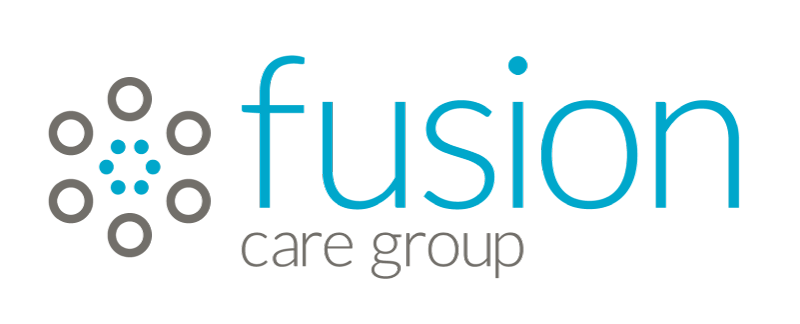What is anxiety?
Anxiety is really just an extreme or persistent form of stress. It can be experienced in many different ways — physically, emotionally, and in the way people view the world around them. Anxiety mainly relates to worrying about what might happen — worrying about things going wrong or feeling like you’re in some kind of danger OR what has happened— worrying about how you behaved or handled a situation.
Generalized anxiety
With this common anxiety disorder, children worry excessively about many things, such as school, the health or safety of family members, or the future in general. They may always think of the worst that could happen. Along with worry and dread, kids may have physical symptoms, such as headaches, stomachaches, muscle tension, or tiredness. Their worries might cause them to miss school or avoid social activities.
Obsessive compulsive disorder (OCD)
For a person with OCD, anxiety takes the form of obsessions (excessively preoccupying thoughts) and compulsions (repetitive actions to try to relieve anxiety). These are intense fears of specific things or situations that are not inherently dangerous, such as heights, dogs, or flying in an airplane. Phobias usually cause people to avoid the things they fear.
Social phobia
Social anxiety is triggered by social situations or speaking in front of others.
Panic Attacks
These episodes of anxiety can occur for no apparent reason. During a panic attack, a child typically has sudden and intense physical symptoms that can include a pounding heart, shortness of breath, dizziness, numbness, or tingling feelings.
Treatment of Anxiety
Fusion Care Group utilizes a type of talk therapy called cognitive-behavior therapy (CBT). In CBT, clients try out new ways to think and act in situations that can cause anxiety and to manage and deal with stress. The therapist provides support and guidance and teaches new coping skills, such as relaxation techniques or breathing exercises. Fusion Care Group also utilizes exposure therapy, Acceptance and Commitment Therapy (ACT), Dialectical and Behavioral therapy DBT), and Interpersonal Therapy (IPT) to decrease anxiety responses. Sometimes, but not always, medication or neurofeedback is recommended as part of the treatment for anxiety.
Neurofeedback is a non-medication based treatment that is helpful in the reduction of anxiety symptoms. To learn more please contact our sister company www.sandiego-neurofeedback.com


